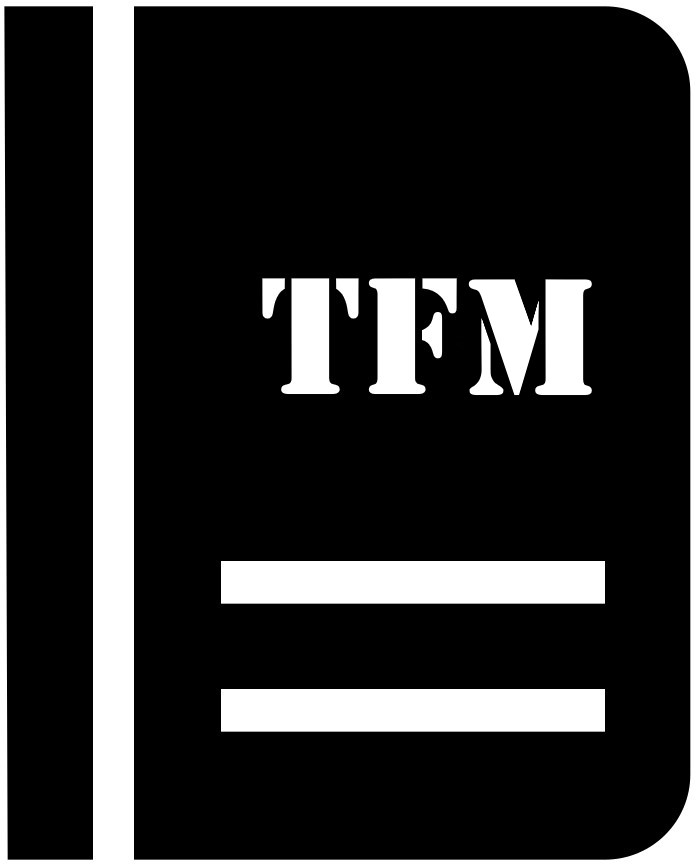|
Author
Díez Closas, Anna
Castaño Seguí, Aleix
|
Abstract
Since the beginning of 2019, our society has been affected by one of the most severe health crises in the world history, which has influenced the way of living of the whole population. In this time of uncertainty, where COVID-19 is the main character of the news all around the world, some needs have emerged in the society to prevent and fight the spreading of the virus. From these emerged needs, one of the most relevant for the population is hand hygiene, due to the fact that prevents them directly from being infected by the COVID-19. Over time, individuals are becoming more aware of the risks derived from virus infection and the importance of preventing this infection to take care, not only of their health, but also their loved ones; for this reason, they have raised their standards on this field. Furthermore, hand hygiene is one of the measures recommended by the World Health Organization (WHO) and all governmental institutions around the world to prevent society’s infection and virus spreading. These institutions propose hand hygiene, either through frequent hand washing with soap and water or with hydroalcoholic gel, depending on the individual’s circumstances.
Given the rapidly growing number of the hydroalcoholic gel users, many companies are looking for a way to exploit the market. Even some industries that are fighting for their survival, have reorientated their production and now they manufacture hydroalcoholic gels to remain sustainable. However, hydroalcoholic gels are often described by the end-user as sticky and smelly. Dispensers are not that popular either, given that consumers are often stained, and packaging is made by not sustainable plastic. Our product aims to solve this problem, offering a more pleasant scented hand sanitizer with refilling options and a recycled and recyclable packaging. Jolly Hands creates value in three main ways:
• Jolly Hands products contain 100% high quality natural ingredients, use non-irritating and pH-balanced formulas and have not been tested on animals.
• The packaging is made of recycled plastic picked up from the oceans and easily recyclable. Refilling options are available to discourage one single use and be more sustainable.
• Jolly Hands is compromised with the environment and the society at large, focusing its activity on Ocean Plastic Crisis eradication. As a company with a deep sense of social commitment, Jolly Hands has a partnership with a labor insertion NGO to employ people from vulnerable environments.
Our target customer profile is someone aged from 16 to 60, aware of the importance of hands hygiene who desires a more pleasant hand sanitizer that the ones in the market. She/he is also concern about the environment and is looking for high quality sustainable products that do not harm the earth. Jolly Hands’ products are locally manufactured in Spain as we favor a responsible production, supply and consumption. Furthermore, the manufacturing process is thoroughly examined in order to develop the most sustainable hand sanitizer in the market.
We will use both direct distribution channel, through our webpage, and indirect distribution channel, through retailer’s web pages and physical shops.
The revenue generation of Jolly Hands’ products comes mainly from the sales of the hand sanitizer. Given that our target customer is someone concerned about climate change who looks for sustainable products, we believe he/she will buy the refiling option whose packaging is less cost intensive, and therefore we meet higher profits.
Regarding competition, our brand’s products have hydroalcoholic gel producers as direct competitors and producers of soap and other products related with hand’s hygiene as indirect competitors. They have been analyzed thoroughly in order to create a novel hand sanitizer.
Our products are unique because its plant-based hydrating formulation and its wide range of essences. We proudly say that Jolly Hands is more than just a hand sanitizer company, Jolly Hands is conceived to stand against social inequality and climate change.
About the intellectual property rights, the only relevant aspect is the trademark registration. That registered trademark is used as our brand name when distributing our product.
|

|



